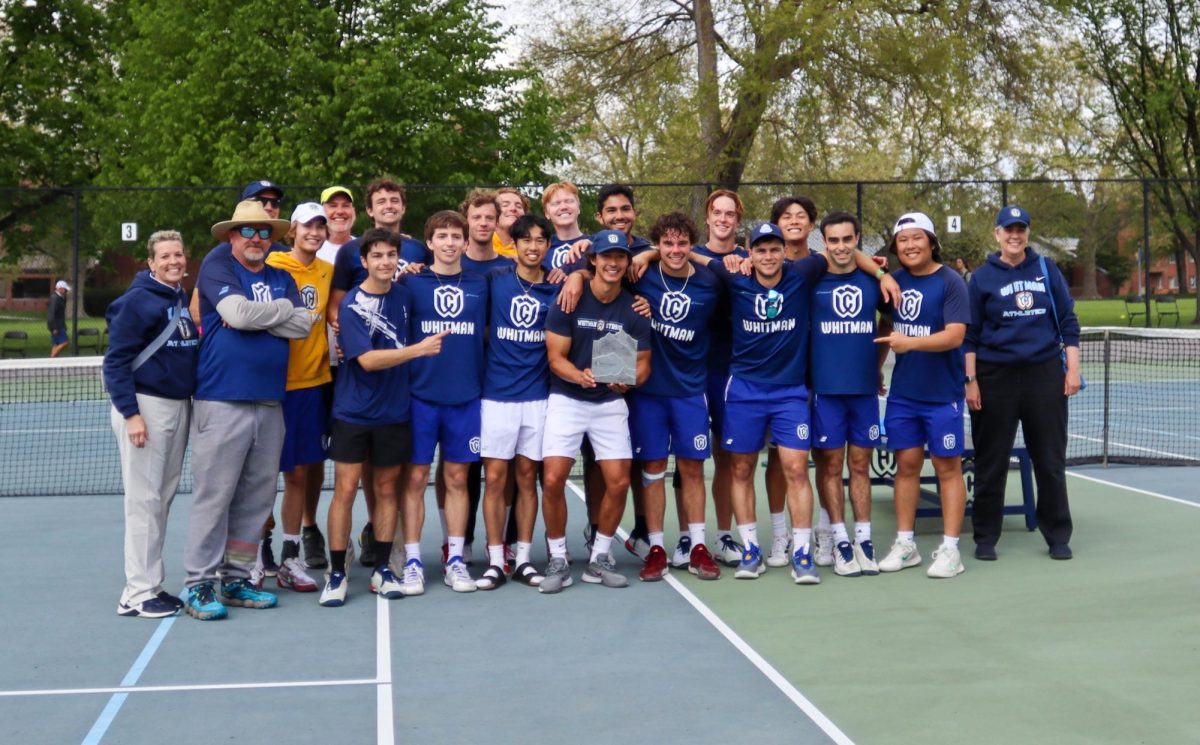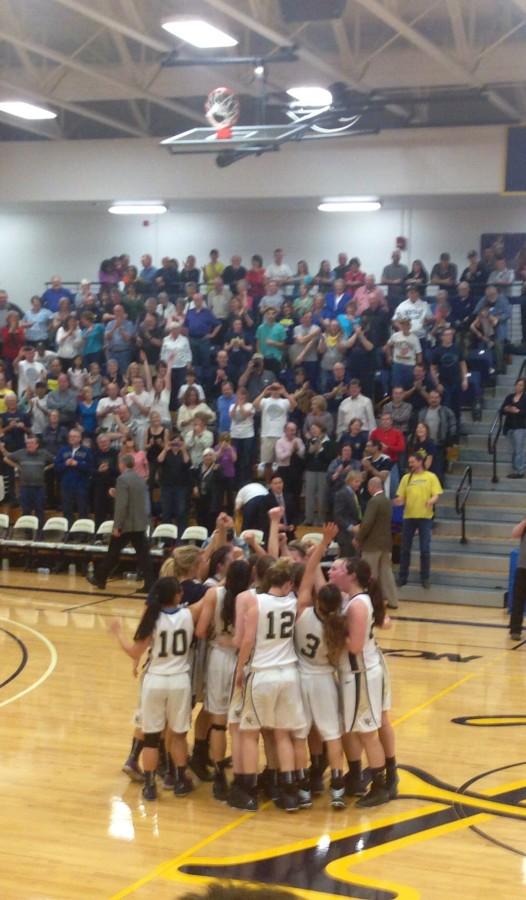Many people who play sports will say that the best part is that it teaches them all sorts of invaluable lessons. Sometimes, though, learning a few lessons doesn’t require play; for example, simply following the sports world over the weekend of Oct. 4 would have sufficed.
By the end of the weekend, the top two, three and four college football teams had lost. Among the top 10 teams, the number of those who had won equaled the number of those who had lost. An MLB baseball game lasted 18 innings and broke the record for longest postseason game in recorded history.
The trouble with having a groundbreaking weekend like this one is the way in which we interpret these seemingly random groupings of facts. Instead of focusing on the big picture, we should look for the lessons we can learn from the games themselves.
Take for example the losses of five of the top 10 football teams (#2, 3, 4, 6 and 8). Entering these games, the higher-ranked team was favored to win (in most cases by a margin of greater than a touchdown). For Arizona, Ole Miss and TCU, opponents of the top 2, 3 and 4th ranked teams respectively, the game was not decided until the final possession.
In #2-ranked Oregon’s final chance to score, unranked Arizona’s Scooby Wright forced a fumble that handed the Ducks their first defeat at home since 2012. With #3 Auburn marching towards the Ole Miss end zone in an effort to escape the upset, senior Senquez Golson intercepted an Alabama pass to make sure the Rebels’ 23-17 lead would hold.
As #4-ranked Oklahoma faced 4th and 1 on the TCU 22 yard line, trailing 37-33 with enough time to score remaining, linebacker Marcus Mallet stopped Oklahoma running back Samaje Perine for no gain to hand Oklahoma its first defeat of the year.
So what does this tell us? All five teams who managed to beat their favored opponent refused to give in, even at the last second when they were in jeopardy of losing. They came to defy expectations and they didn’t stop until they had done what they came to do.
Football was not the only sport to display players’ iron resolve. Anyone who has played baseball knows that it is a physically and mentally demanding sport –– even in a typical nine-inning game. Very few players have ever spent 18 innings on the field struggling for a single run to split a deadlocked game. This was exactly the situation in which the Giants and the Nationals found themselves.
For over six hours, Brandon Belt had been held hitless (0/6) on the night when he stepped to the plate for the Giants. Facing a strong right-handed reliever in Tanner Roark, Belt worked the count to 3-2 before turning on a 94-mph fastball on the inner half of the plate, lacing it over the right field wall to finally break the tie.
On this one pitch, Belt displayed the same kind of defiance and determination that Wright, Golson and Mallet showed. Each player was the hero of his team, but each would acknowledge that every win is a team effort, especially in gruelling games.
On days like these in sports, it is hard not to be inspired to strive for your best and not to believe that any goal is attainable. No matter what the endeavor we pursue, we are reminded by games like these to reject other’s expectations and to only listen to our own dreams and aspirations.




